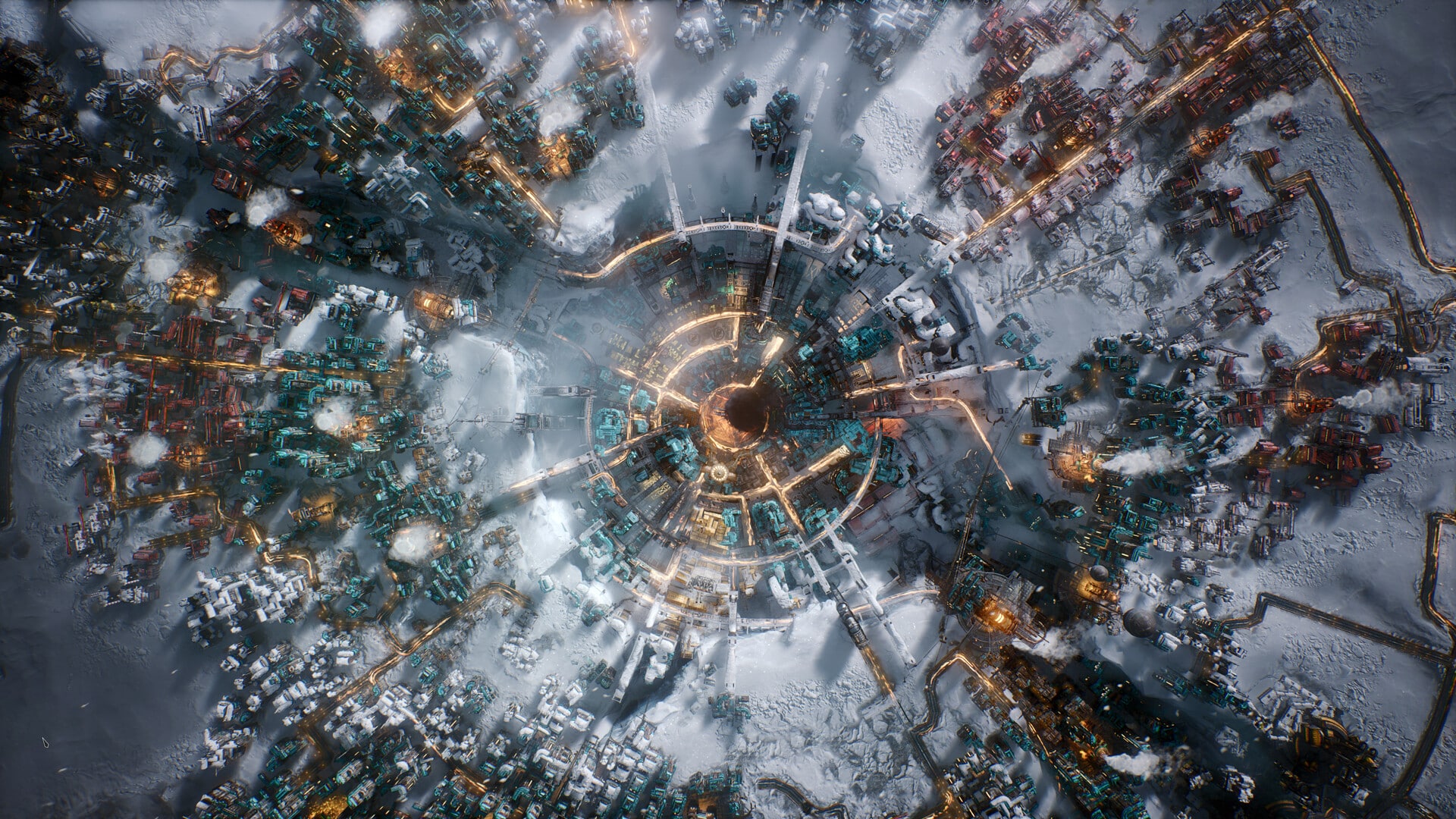A love letter to BioWare
Looking back at one of my favorite developers of all time.
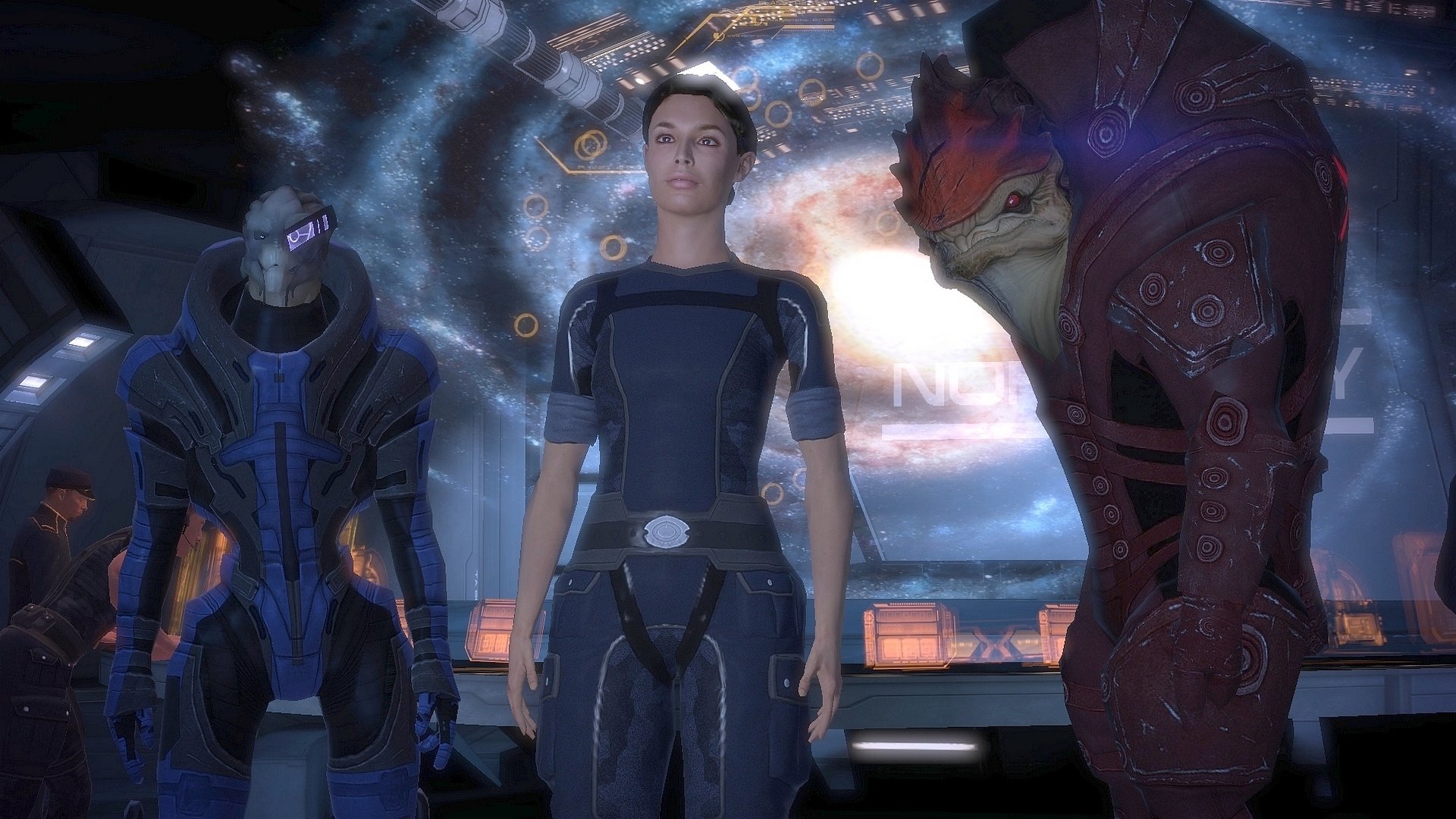
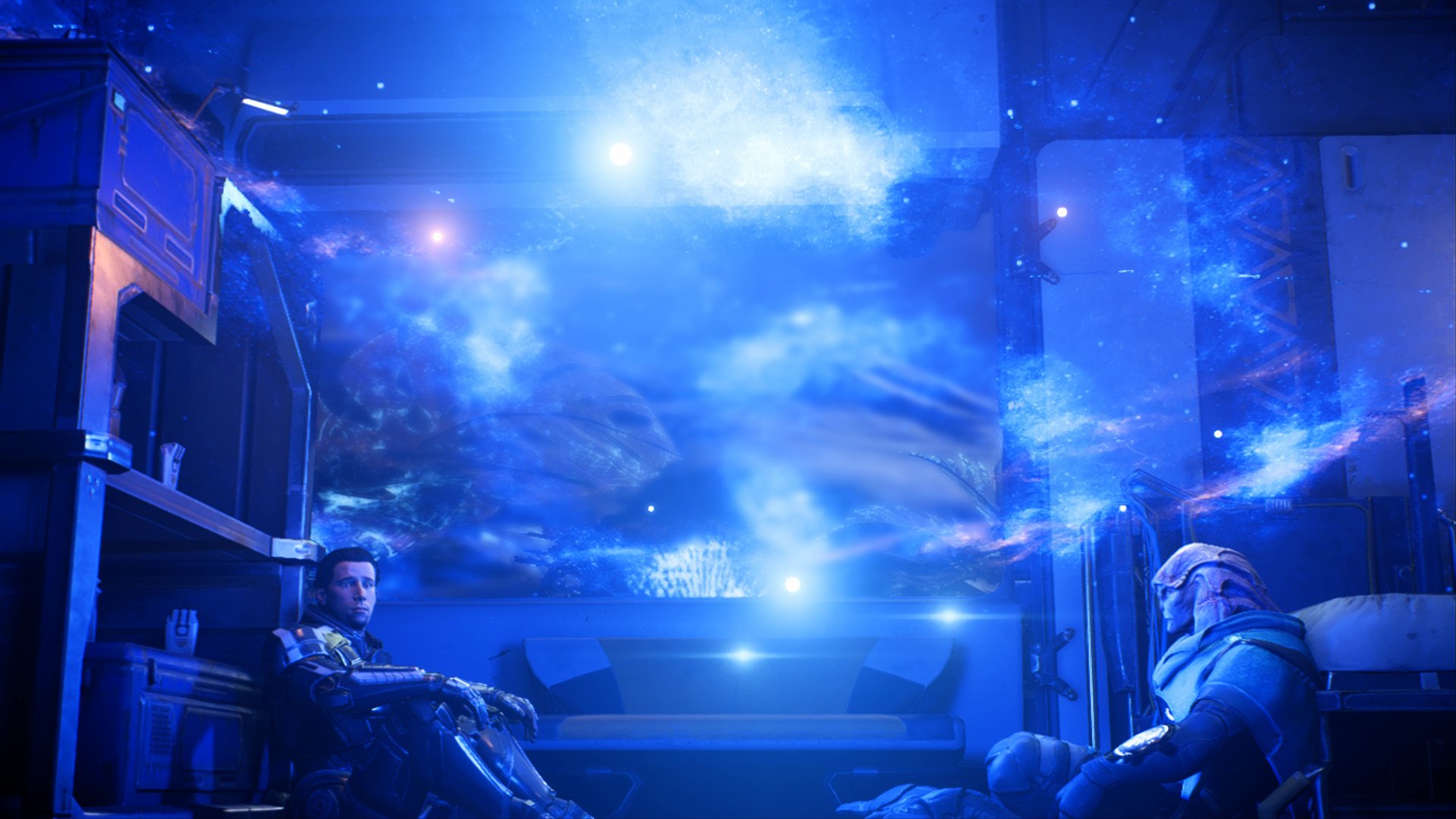
Dear BioWare, one of my favorite developers of all time, creator of beloved worlds loved by millions. There's millions upon millions of hours of entertainment and joy across the entire gaming community attached to your name, and I'm just one of those millions of fans who adore what that name represents. Mass Effect, Dragon Age, Knights of the Old Republic, and many more, you've more than earned a place in the halls of video game legend. Everybody knows this, of course, hopefully including the individuals whose skill and hard work make up the art produced by BioWare.
BioWare is a team, made up of real people with real lives. With real hopes and dreams, with real personal challenges and problems. Clearly, many in the industry, press, and fans in the community seem to lose sight of that from time to time. It's easy to forget about the human element when a studio is reduced to a brand name on a video game box, or a figure on a balance sheet.
I'm not going to sit here and claim to know the issues the studio is faced with right now. Jason Schreier of Kotaku has reported heavily on the topic, and given the state BioWare's most recent game, Anthem, launched in, there's no reason to doubt Schreier's investigation whatsoever. All I hope for is that the expose will lead to better working practices for the studio, whether it's down to the Frostbite engine being unfit for purpose, or staff being overworked and mismanaged.
With BioWare in the news for all the wrong reasons, I wanted to recap my favorite memories in BioWare universes, and lament the idea of a future without BioWare games.
Mass Effect, my first BioWare game
BioWare has a long and storied history of course, dating back into the 90s. I missed out on the likes of Baldur's Gate and Jade Empire. Instead, my first BioWare experience was Mass Effect on the Xbox 360. I can't remember seeing any marketing for the game, instead it was word of mouth that led me to jump into Shepard's boots and defend the galaxy.
Mass Effect is a timeless sci-fi saga RPG that incorporates third-person shooting mechanics with traditional roleplaying systems. Despite how clunky Mass Effect felt in so many ways, the world building was among the best I had experienced, and it was one of the first games I had played where my decisions felt like they had genuine consequences, alongside games like Oblivion.
It was always incredibly exciting to see how my in-game decisions may play out.
Battling for access to the family PC meant that I missed out on some of the classic choice-and-consequence CRPGs when they originally launched. For BioWare to be among those to translate Dungeons and Dragons-inspired traditions to the Xbox 360 helped introduce me, and many others to classic roleplaying styles. It was always incredibly exciting to see how those decisions may play out, how my Renegade level would impact my options, to feel like I had chosen this path, made every story moment feel far more involved than those that are simply being told to you.
Get the Windows Central Newsletter
All the latest news, reviews, and guides for Windows and Xbox diehards.
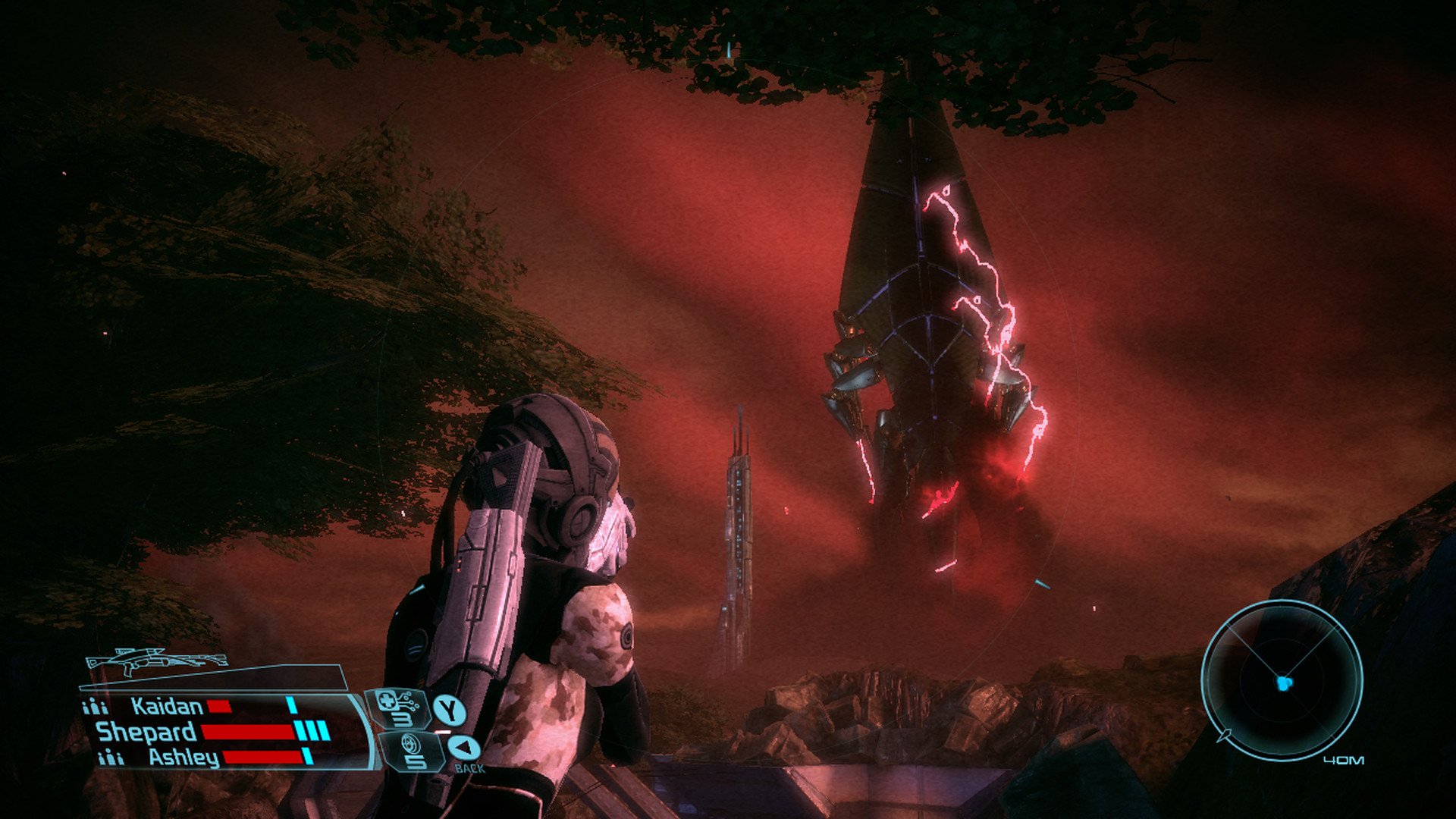
Permanent character death? Choosing who would live or die? Choosing whether to be an asshole or a saviour to random, otherwise insignificant characters? Making decisions that would shape future games too? At the time, there was simply nothing out there that felt as impactful, inextricably sucking me into the world to the point where I felt like I was living among these deep characters, each with their own rich back stories waiting to be unlocked and explored.
I wasn't a fan of Mass Effect's combat, vehicular segments, or sluggish planetary exploration missions, but for all its faults. I fell in love both with that world and those characters, and Mass Effect 2 and 3 only compounded that sentiment.
Two of my favorite games of all time
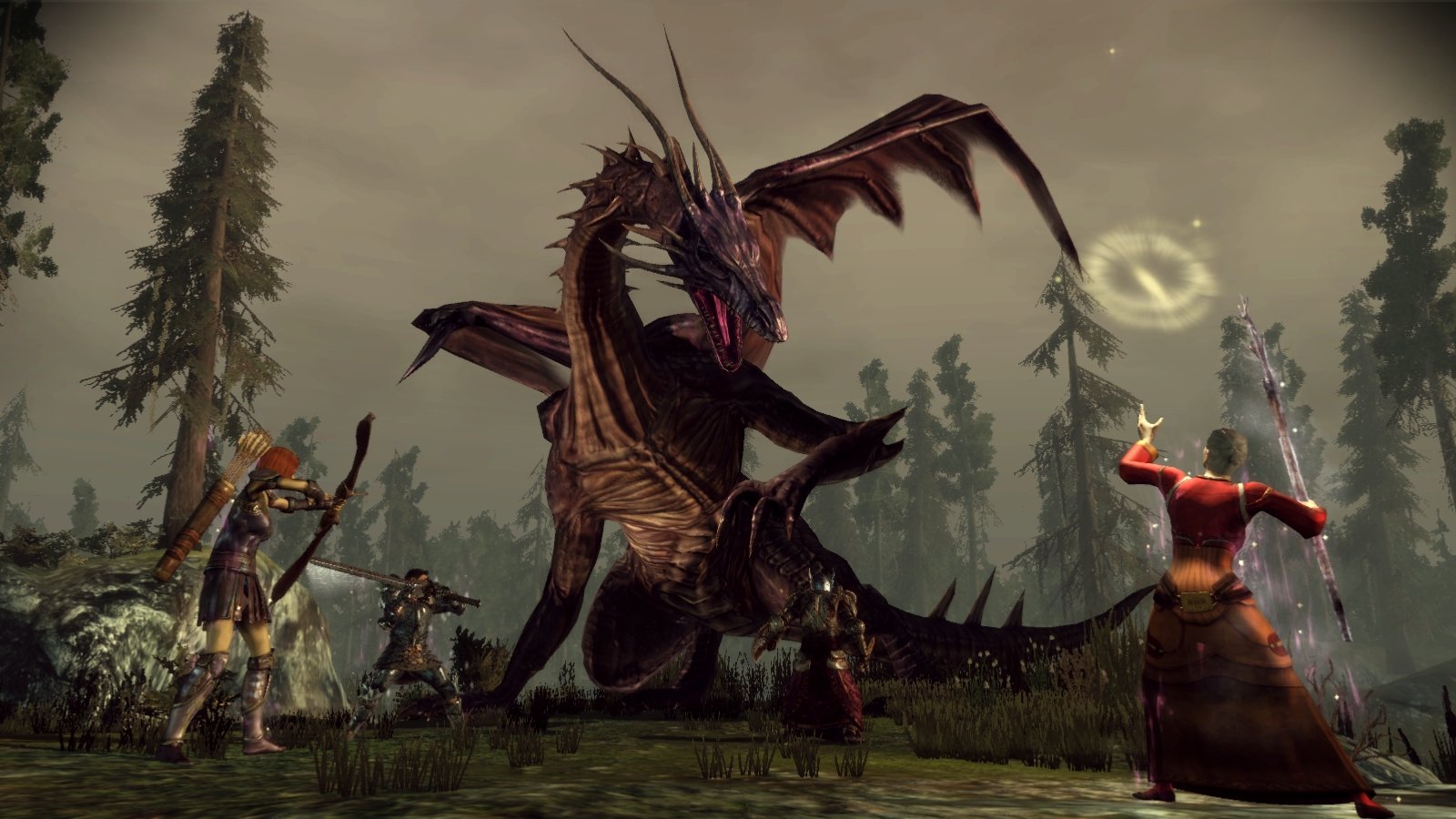
Now a dedicated BioWare fan, I found myself embroiled in hype for Dragon Age: Origins, which promised to rekindle some of the experiences offered by some of BioWare's more classic games, such as Baldur's Gate. My hype was rewarded by what remains one of my favorite games of all time, and one of the few Xbox 360 games where I completed multiple playthroughs.
Dragon Age: Origins introduced us to the violent world of Thedas, full of magic, political intrigue, and deadly monsters. Like Mass Effect before it, Dragon Age: Origins put the emphasis on player choice, albeit with a more traditional tactical RPG style. Some of the freedoms you had as the Grey Warden to solve the nation's ills were unlike anything I had experienced before in a game, where every relationship you built up (or destroyed) came with dire consequences. Companions who had journeyed with you for months (or, well, hours in-game), could turn on you in a fit of betrayal or moral outrage. Your choices would determine who would end up ruling the country, shaping a vast epilogue of divergent outcomes after the credits rolled.
I replayed the game dozens of times to experience everything it had to offer, and still found myself discovering new quest avenues and dialogue snippets after hundreds of hours. It wasn't long after I was ready to move on from Dragon Age: Origins that BioWare dropped what may be remembered as its greatest work of all time.
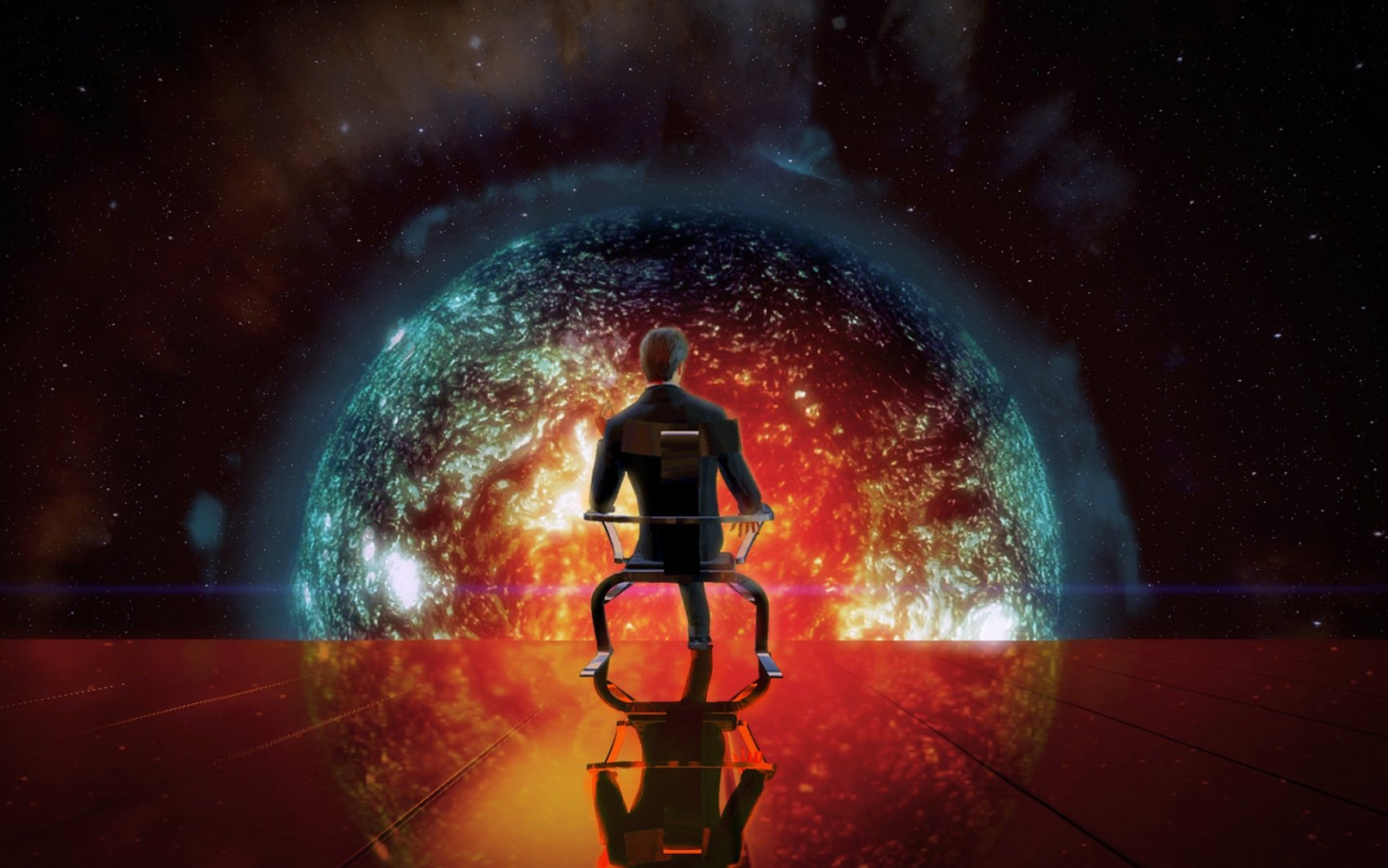
Mass Effect 2 remains a legendary piece of software excellence, BioWare powering through virtually every issue found in the original to spawn one of the most polished, unique, and enrapturing RPG shooters ever committed to disc. Mass Effect 2, in my mind, simply has no equal in the genre, even as we approach the game's 10th anniversary this June.
Mass Effect 2, in my mind, simply has no equal in the genre.
Armed to the teeth with new experience with the Unreal Engine, BioWare shrugged off all the clunk from Mass Effect 1, crafted one of the greatest third-person shooters. Lift up and fling enemies across the map with enhanced biotic telekinetic powers, dip into the game's refined tech powers, or wide array of balanced weaponry, each with complimenting strengths and weaknesses. Mass Effect 2 also introduced us to BioWare's much-loved combo systems, allowing companions in your squad to shatter frozen targets, or catalyse an enemy suspended in mid-air with bone-crushing psychic force. Finally, I could enjoy Mass Effect's combat as much as its story and dialogue systems, which returned with a vengeance in the second game.
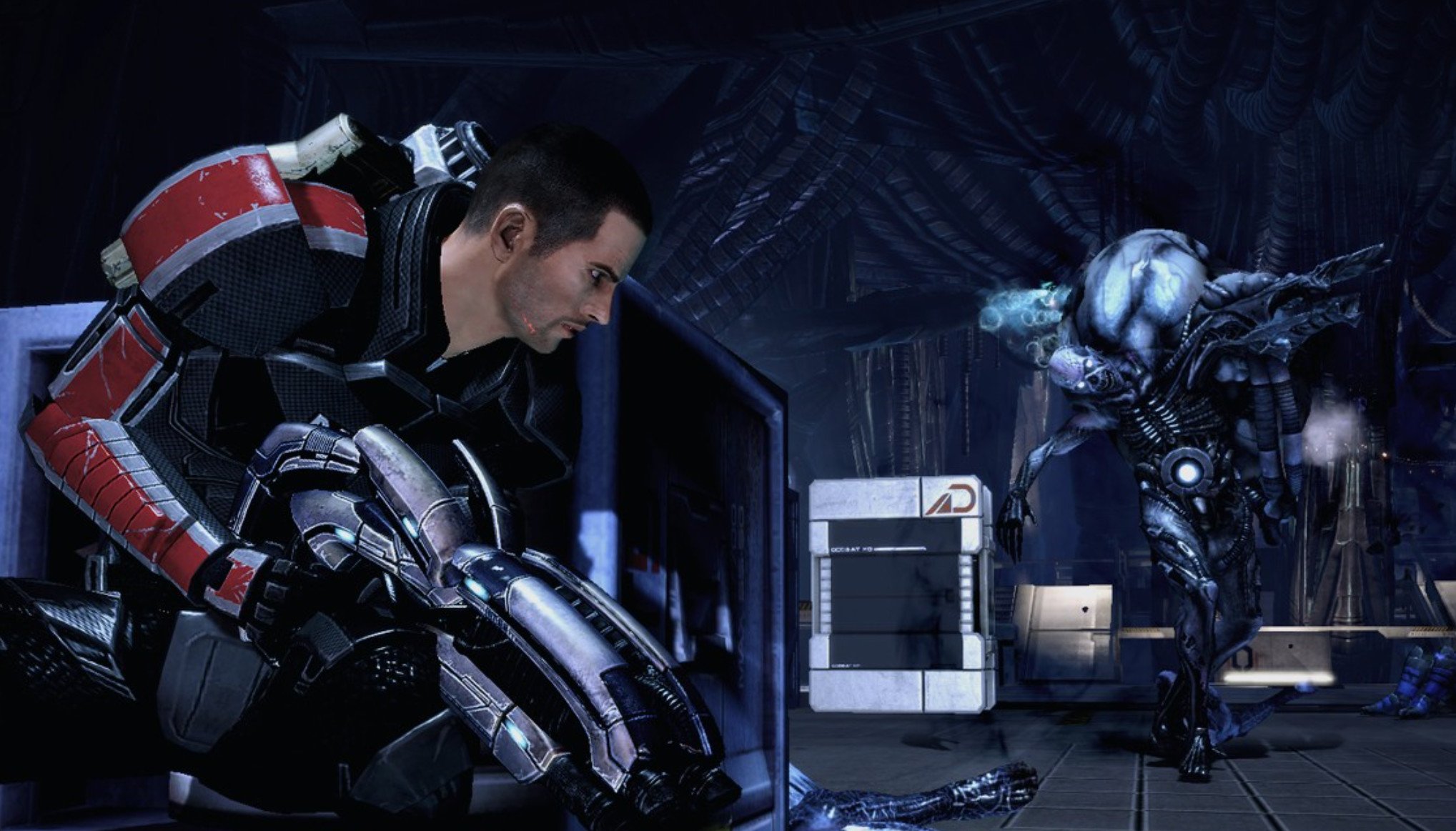
Mass Effect 2's "suicide mission" to save the galaxy from an all-new alien threat gave us the franchise's Empire Strikes Back moment, with its darker, more intimate plot. Although some decried the excessive "streamlining" BioWare had performed on the sequel's RPG systems, I still feel as though it was more than worth while, creating a more balanced, focused game.
Mass Effect 2 also had some of the best DLC expansion packs in gaming history, in my view. Lair of the Shadowbroker and Overlord both added a few hours of beefy gameplay, and additional context for some of the game's most notorious characters and factions. Mass Effect 2 still holds up today, ten years later.
Years of mixed feels
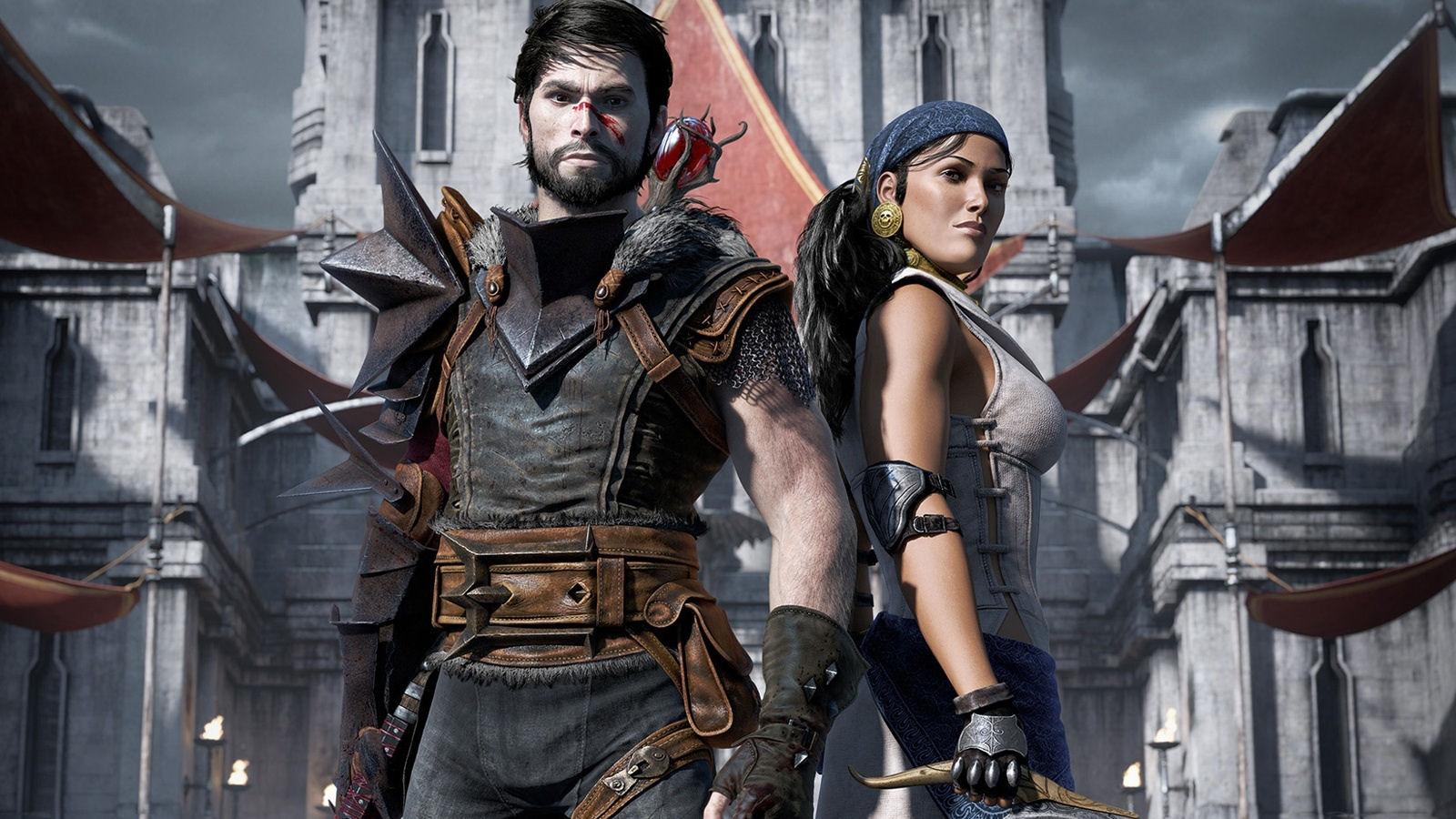
The expectations I had set myself on the back of Dragon Age: Origins and Mass Effect 2 ultimately didn't pan out across Mass Effect 3 and Dragon Age 2 for a few reasons, although both games grew on me after I got over a few key points.
Dragon Age 2 had undergone the same "streamlining" process that Mass Effect 2 had, except, as a more traditional RPG, that's pretty much the opposite of what I felt like anyone wanted. Initially, I felt like Dragon Age 2 was shallower as a result, and this was compounded by the fact that the dialogue wheel fell into emotional categories rather than binary choices.
For all its faults I ended up loving Dragon Age 2 as well.
Hawke could be heroic, sarcastic, or aggressive in tone, with little clarity over how these choices impacted the way characters perceived you. It also made little sense to go from having an aggressive personality in one moment to saintly the next, which contrasted a bit against Mass Effect's dialogue wheel, where the Paragon/Renegade choices often fell a little more against your perspective, rather than Shepard's personality.
The changes to combat in Dragon Age 2 were also hard to navigate around initially, and the use of repeated areas make the game feel smaller and rushed out than Mass Effect 2 and even Dragon Age: Origins, which was pretty rough in its presentation. For all its faults I ended up loving Dragon Age 2 as well, particularly after a few DLC packs dropped to help beef up the overall content spread.
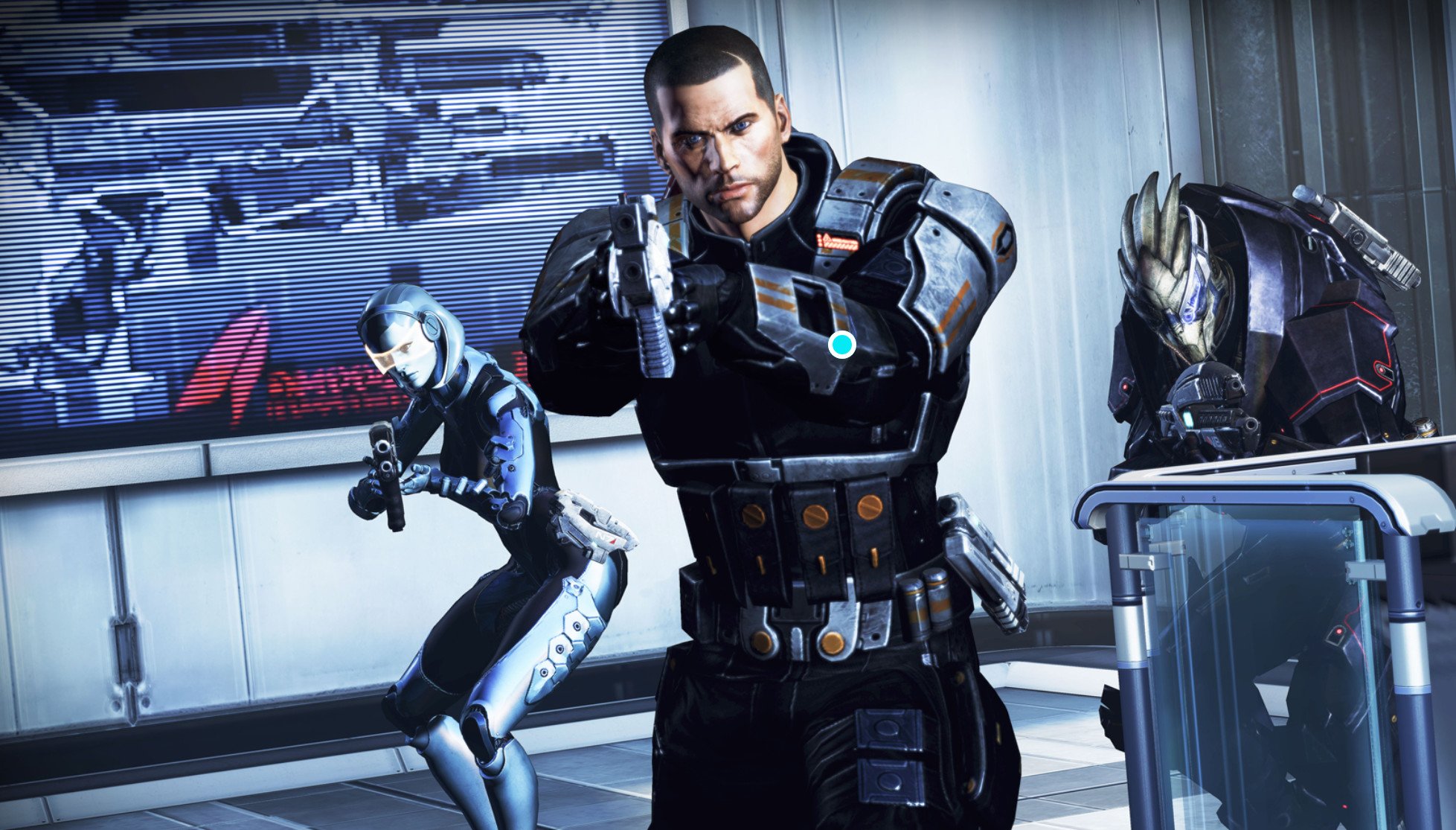
Mass Effect 3 was a different story entirely, having become notorious for its abrupt, unceremonious ending. Perhaps it was only fitting that one of the first games that allowed you to carry your character and world decisions across three titles would create such an emotional backlash, with incredulous fans berating BioWare for not treating the trilogy's ending more delicately. BioWare subsequently released the Citadel DLC to beef up the conclusion, and it was well-received. Although, fans had already begun to wonder whether EA's involvement in the studio, following the acquisition after the original Mass Effect, had begun affecting BioWare's output.
For me, the ending didn't sting as much as it might have done for others. Mass Effect 3's "Renegade" playthrough felt very much like a run through tying up loose ends. Once again, it felt like Mass Effect 3 begun providing a wider array of options for resolving conflicts, even if the ending itself didn't deliver. I shot major characters for insubordination, using the quick time event renegade trigger choices. My choices determined the future of entire civilizations, all for the "greater good," of course. And subsequent playthroughs revealed an entirely different path through the story. Main characters who died in Mass Effect 1, obviously weren't present in Mass Effect 2 or 3. There's still no other game series that handled choice and consequence between games as well as Mass Effect did, save perhaps for BioWare's other major franchise, Dragon Age.
A gaming future without BioWare would be bleak
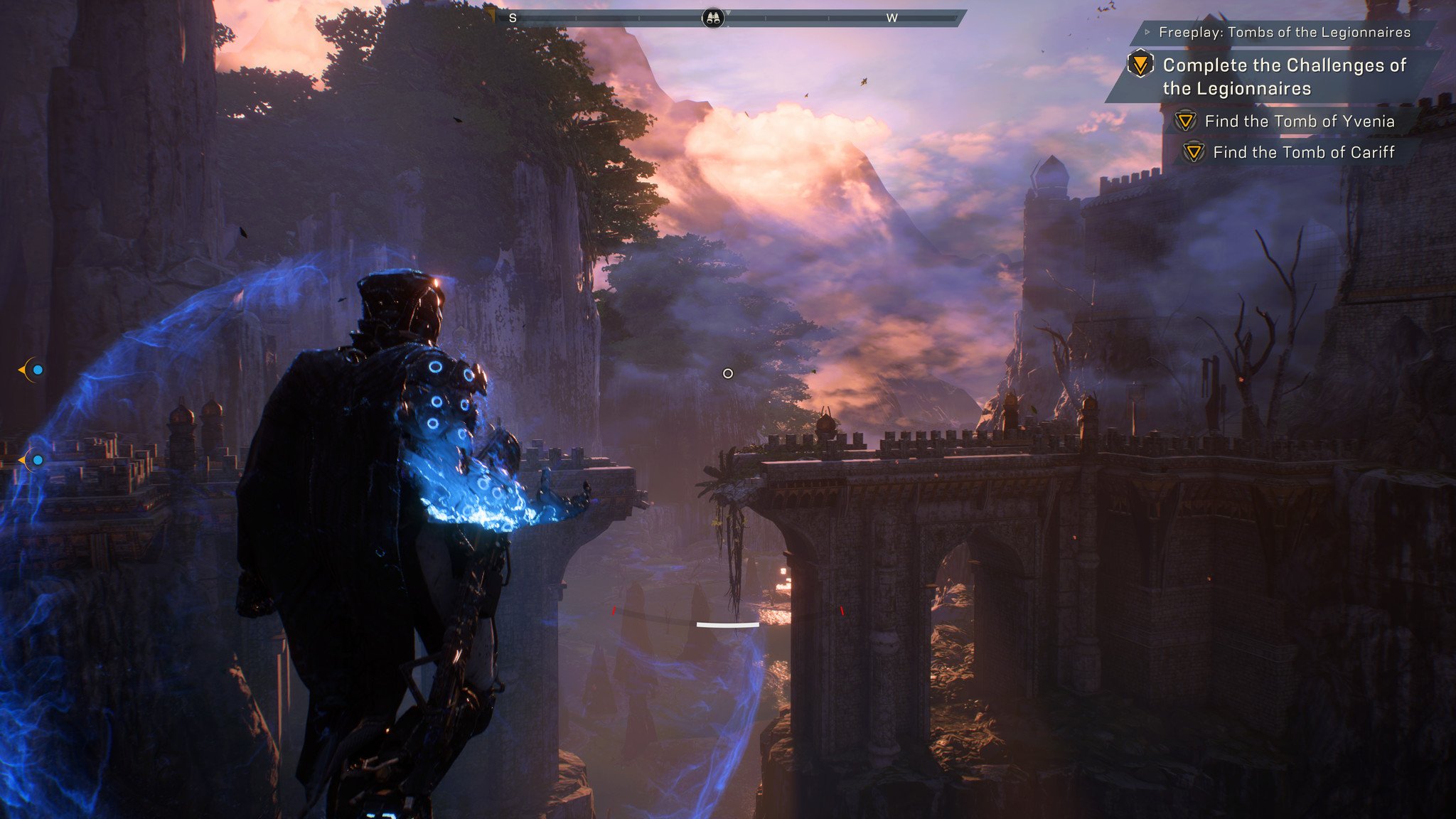
In between Mass Effect 3 and now, I booked two weeks off work to hardcore my way through Star Wars: The Old Republic's MMO, which was actually fairly good, complete with some light BioWare-style storytelling. I also experienced Knights of the Old Republic for the first time in the run up to the MMO's launch, somehow managing to avoid the game's notorious plot twists beforehand. I also rediscovered Dragon Age with the launch of Inquisition, which while inundated with grindy fetch-quests, retained much of what I loved about the franchise, bringing back a lot of the tactical depth from the original.
For all its faults, I quite enjoyed Mass Effect: Andromeda as well. But the sizeable backlash to the game, coupled with the fact EA cancelled all of its post-launch DLC which would have undoubtedly repaired its unfinished plot, made me concerned for how committed the big publisher is to BioWare's future. And earlier this year, BioWare's Anthem made me truly fearful for the studio's future.
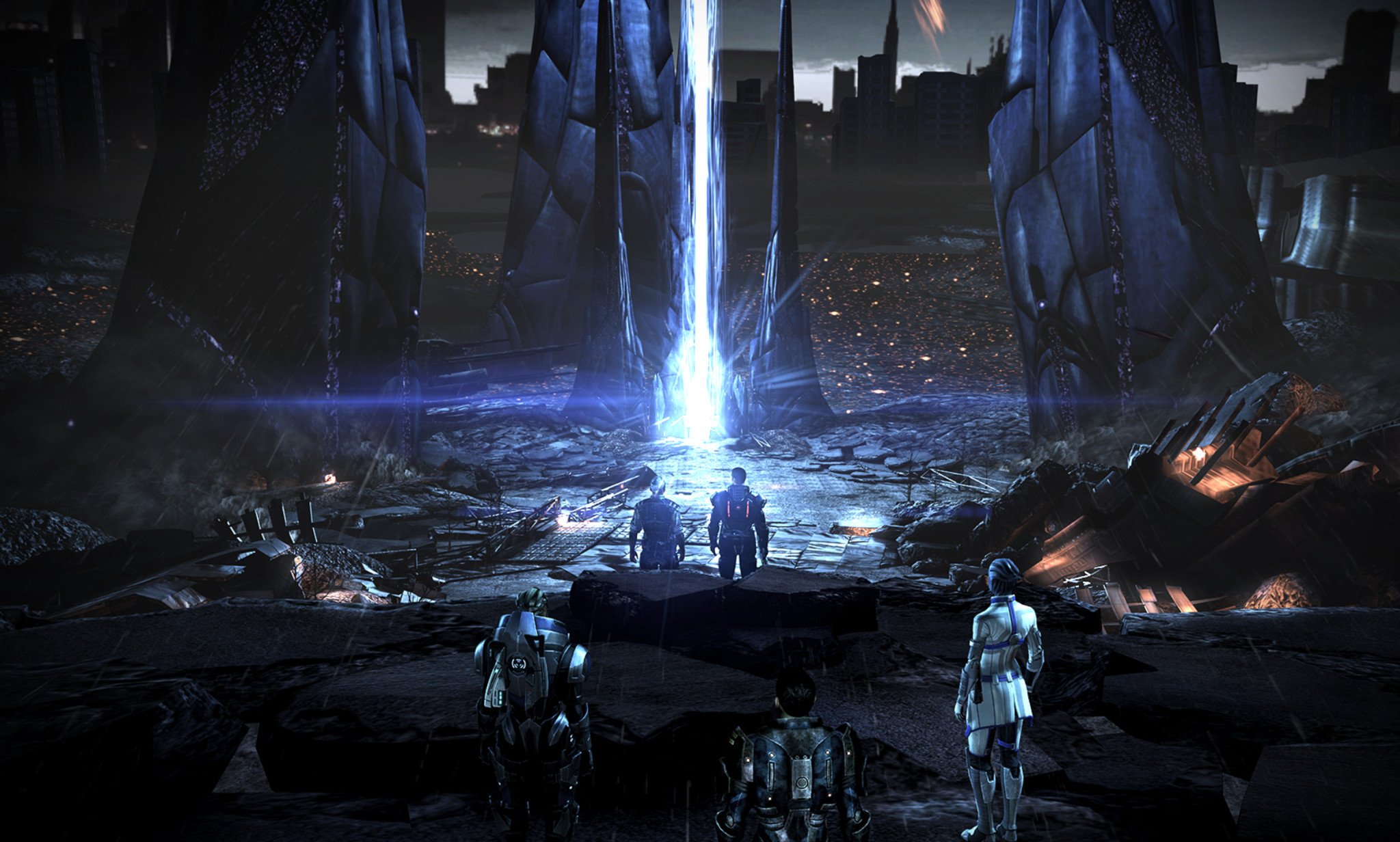
The latest reports from Kotaku suggests that BioWare's Anthem has been a nightmare for the studio. Additionally, Dragon Age 4 is also slated to be an online-only affair. It feels like EA is struggling to justify single-player RPGs to its shareholders, in a world where annual FIFA Ultimate Team micropayments and gambling loot boxes are apparently more financially exciting. It's just a shame.
I have no idea what the future holds for BioWare, nor do I know the whole truth about why the studio seems to be struggling at the moment. All I know is that BioWare is responsible for a vast universe of joy and happy memories for myself and millions of other fans. There is no amount of joy, however, worth some of the horrible alleged working conditions BioWare. Conditions that frankly, many other AAA studios seem to suffer from.
Hopefully, EA and BioWare's managing directors reflect and act on the wounds opened by the recent investigations into the studio, for the health of its employees above all. Only then will it be worth seeing BioWare at its creative best again, if the powers that be nurture it.

Jez Corden is the Executive Editor at Windows Central, focusing primarily on all things Xbox and gaming. Jez is known for breaking exclusive news and analysis as relates to the Microsoft ecosystem while being powered by tea. Follow on Twitter (X) and Threads, and listen to his XB2 Podcast, all about, you guessed it, Xbox!
